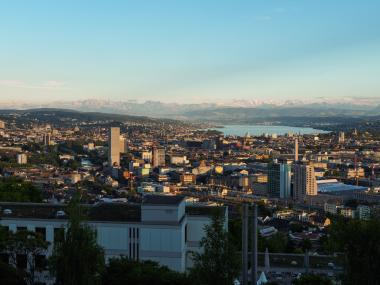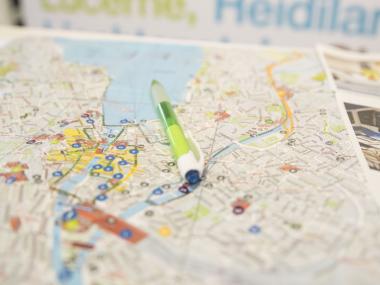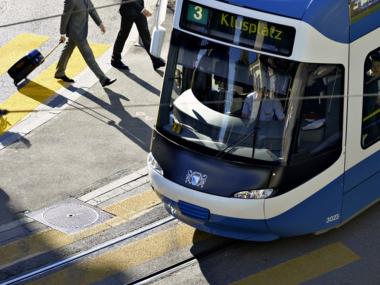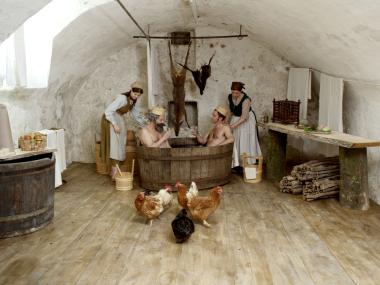The Political System in Switzerland and Zurich
Democracy
With the Constitution of 1848, Switzerland became the first democracy in the world. A special feature of the political system in Switzerland is direct democracy: The electorate chooses not only the political office-bearers, but also decides by plebiscite on issues such as legislative changes – and via referenda and proposed initiatives have a direct influence on what goes on.
Switzerland also has no clear leader. Every year one of the seven members of the Federal Council is elected president. A role as head of state solely on international stages, as in Switzerland the Federal President is considered "primus inter pares" (first among equals).
Federalism
The Federal Government is the highest political level in Switzerland and includes 26 cantons. The most populous is the canton of Zurich. Each canton has its own constitution, government, its own parliament, courts and own police force.
Zurich City
The smallest unit in the political organization of Switzerland is that of the communities. The city of Zurich is one such community and has considerable freedom of choice and autonomy. Voting citizens can vote on legislative proposals and laws and elect the members of the municipal council (parliament, legislature) and the City Council (the executive). The council has 125 members, the City Council 9. It is the people that elect both chambers every four years.
Political Events in Zurich
While the council meets at the City Hall, the City Council holds its meetings in the Town Hall on the other side of the River Limmat.



